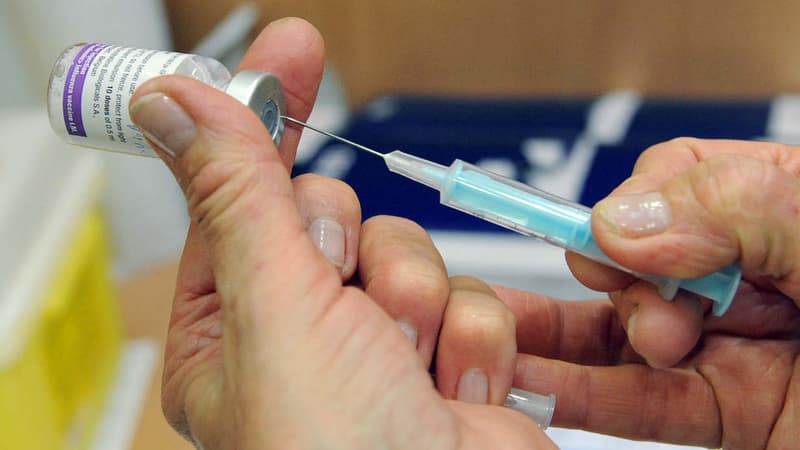New vaccines for 2025. Starting January 1, vaccination obligations against meningococcal infections for infants will change, the Ministry of Health and Access to Healthcare announced this Thursday, December 19, in a press release.
Currently, since 2018, only meningococcus C vaccination is mandatory for newborns and recommended for children and young adults up to age 24, in the absence of infection during childhood.
But starting in 2025, the little ones must be vaccinated against ACWY meningococcus, with a first injection at 6 months and a second when they turn one year old, thus expanding the number of infections affected.
Vaccination against meningococcus B is also made mandatory, with a first injection at 3 months, a second at 6 months and a third at 12 months. Currently, and until the end of 2024, this vaccination is only “highly recommended” by health authorities.
Infants who already received a first dose of meningococcal C vaccine before January 1, 2025, should receive a second dose in 2025, in addition to the meningococcal ACWY vaccine.
A “worrying increase” in infections
This evolution of vaccination obligations was expected. It follows the recommendations made by the High Health Authority (HAS) in March 2024 and which the then Minister of Health, Frédéric Valletoux, had indicated that he wanted to “follow”.
“This new obligation aims to better protect children against these serious infections, in response to a worrying increase observed in recent years,” confirms the ministry.
Among the increasing cases, infections “linked to serogroups W and Y” are of particular concern. However, they “give rise to mortality rates twice as high” as other types of meningococcal infections, underlines the Ministry of Health.
Transmission by cough or spit.
Meningococcal infections are related to the bacteria Neisseria meningitidis. The latter is transmitted by close and prolonged contact with a carrier of the bacteria, in particular by coughing or spitting.
Meningococci have 12 identified serogroups. “Strains of serogroups A, B, C, Y and W are responsible for almost all invasive meningococcal infections,” indicates Public Health France.
These infections “most frequently manifest themselves in the form of meningitis (inflammation of the membranes that cover the brain and spinal cord) and/or septicemia.”
Around 500 serious cases a year in France
Meningococci can be present in the body without causing disease. In fact, between 5 and 10% of the population carries the bacteria without developing symptoms, according to service-info-vaccination.fr.
“In France, severe meningococcal infections affect about 500 people a year (two-thirds meningitis, one-third septicemia),” according to the website vaccination-info-service.fr.
The most affected people are infants, young children ages 1 to 4, and adolescents and young adults ages 15 to 24.
Source: BFM TV


